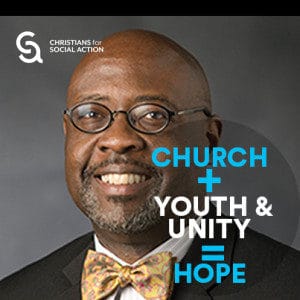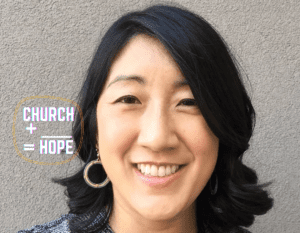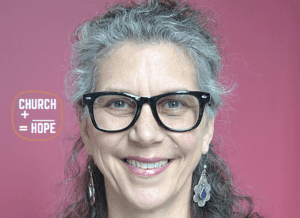 When I look at the church, what gives me hope?
When I look at the church, what gives me hope?
I see young people who are committed to Jesus and to living the life of faith, concretely in the everyday realities of political and social struggle. A new kind of orthodox Christian is rising up, one who joyously recites the creeds, sings the hymns of the church, and marches against injustice, protests against environmental abuse, and embraces people in the full range of their diversity. These are young people who love and respect their elders but refuse to embody their segregationist ways. These are young women who do not think feminist is a word foreign to faith and who are ready to build up the faithful by leading congregations. These are young men who reject narrow, Mad Men masculinity and refuse to be defined by how they gain and exercise power.
I see these young people in my classroom. I see them in the colleges, universities, and seminaries I visit. I see them especially here in North Carolina as we march in protest against our extremist state government. Here I walk alongside them, sing and shout beside them, listen to their testimonies, watch their faith in action. I see them, African American women and men who are following the legacies of their civil rights mothers and fathers and who are holding the line against injustice, willing to place their bodies in trouble spaces for the sake of Jesus. I see them, Anglo American women and men who will not turn back from embracing their sisters and brothers of color and who announce by their lives that whiteness will not define them or determine how they will live but only a Savior who calls them to a new path of life together. I see it in the growing number of interracial young people who live neither/nor (neither white nor black) but both in the name of Jesus and who are demanding a church that embodies the true freedom of the gospel.
I see something else. I see churches, now of small and shrinking numbers, now of gray and graying heads who are becoming worried about their future and desperate in the present, so desperate that they may be willing finally to yield to the Spirit and trust their future to these very young people I see. I see churches that may finally be ready to allow that young woman, filled with the Holy Spirit and power, to lead them. I see churches that may finally be ready to give up the comfort of homogeneity, of a sameness that speaks death and not the life of the gospel. I see churches that may finally be ready to become the multitude, to become places where peoples of many languages and cultural worlds weave together a common life that can never be common but always requires the intoxicating efforts of listening and learning together. This is what gives me hope.
Willie James Jennings is associate professor of theology and black church studies at Duke Divinity School in Durham, NC. An ordained Baptist minister, he researches liberation theologies, cultural identities, and anthropology.


